Born in Toronto in 1956, Baņuta Rubess studied at Queen’s University, Ontario before going to Oxford to read for a DPhil in modern history. In 1982, she co-founded an international touring company with British artist Neil Bartlett and has had an award-winning career pioneering feminist theatre, diaspora theatre and contemporary opera, working in both Canada and Latvia. Rubess has created works for Nightwood Theatre, Theatre Direct and Tapestry New Opera Works. In 2023, she was granted a Lifetime Achievement Award from the Anšlavs Eglītis and Veronika Janelsiņa Foundation. Rubess is currently an Assistant Professor teaching theatre at the University of Toronto. She has an MFA in creative writing from the University of Guelph and her published works include Bruno Slept Here, her memoir about her father. This narrative is excerpted from an interview with the Rhodes Trust on 25 March 2025.
Baņuta Rubess
Ontario & St Antony’s 1978
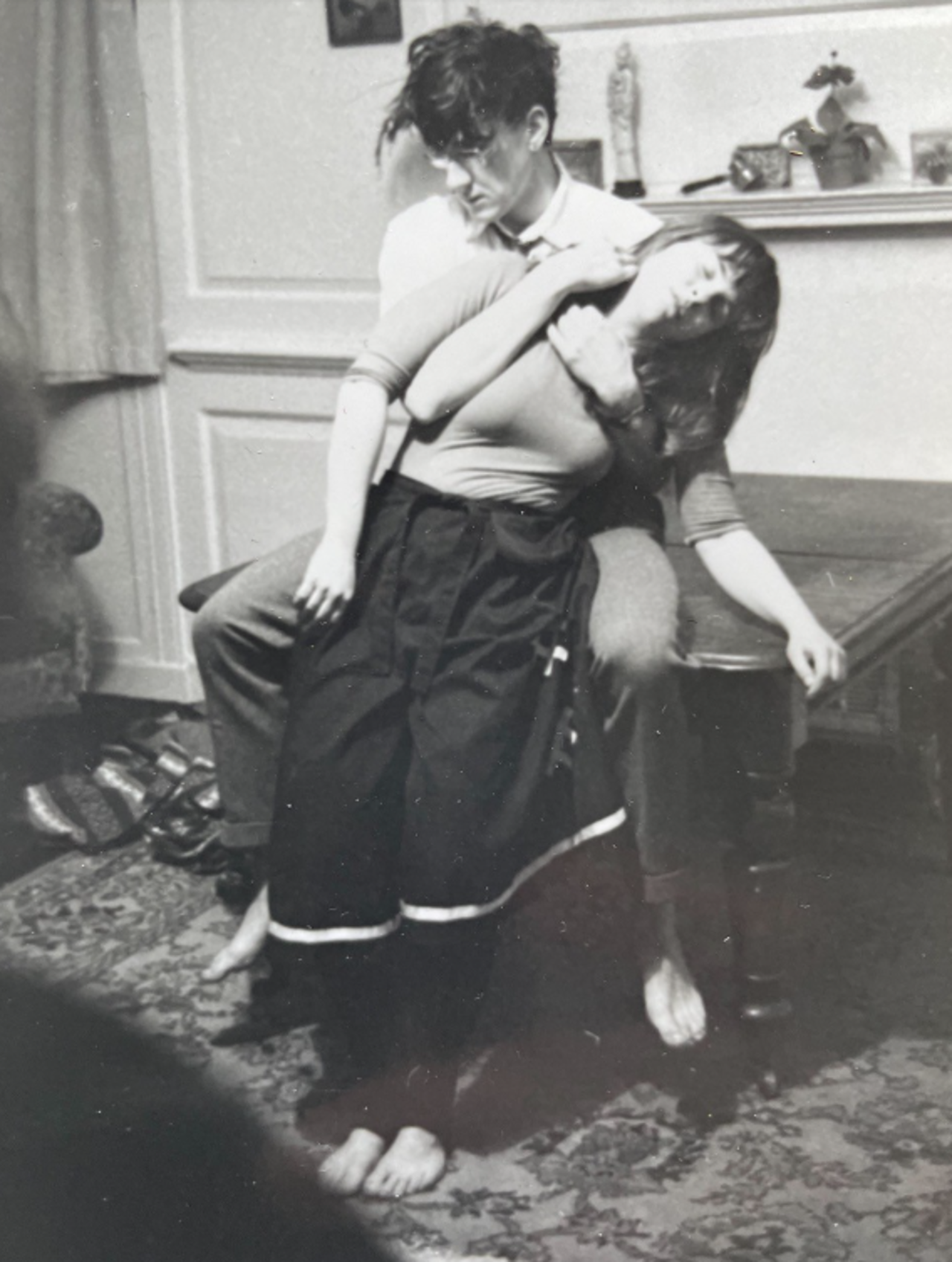
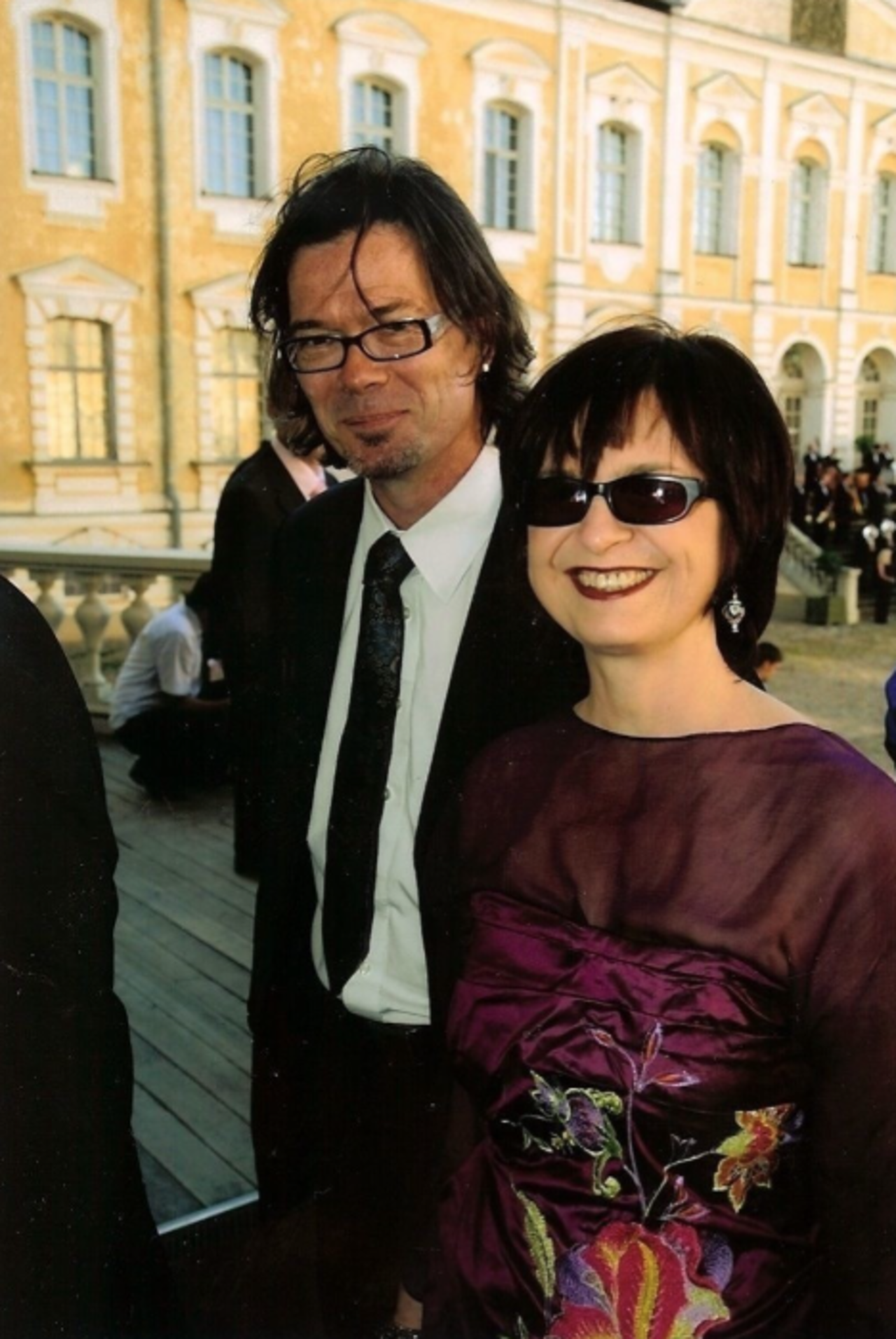
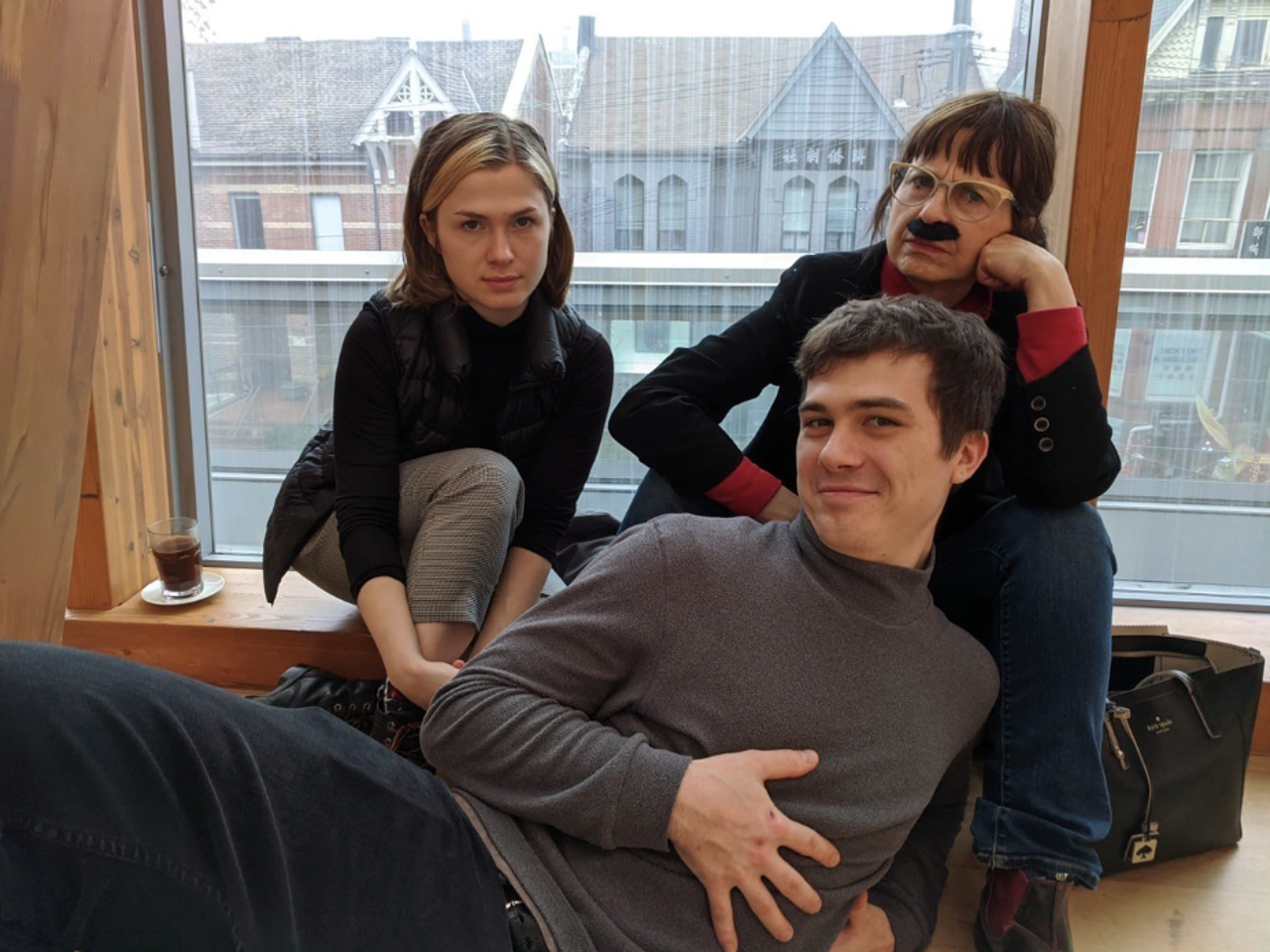
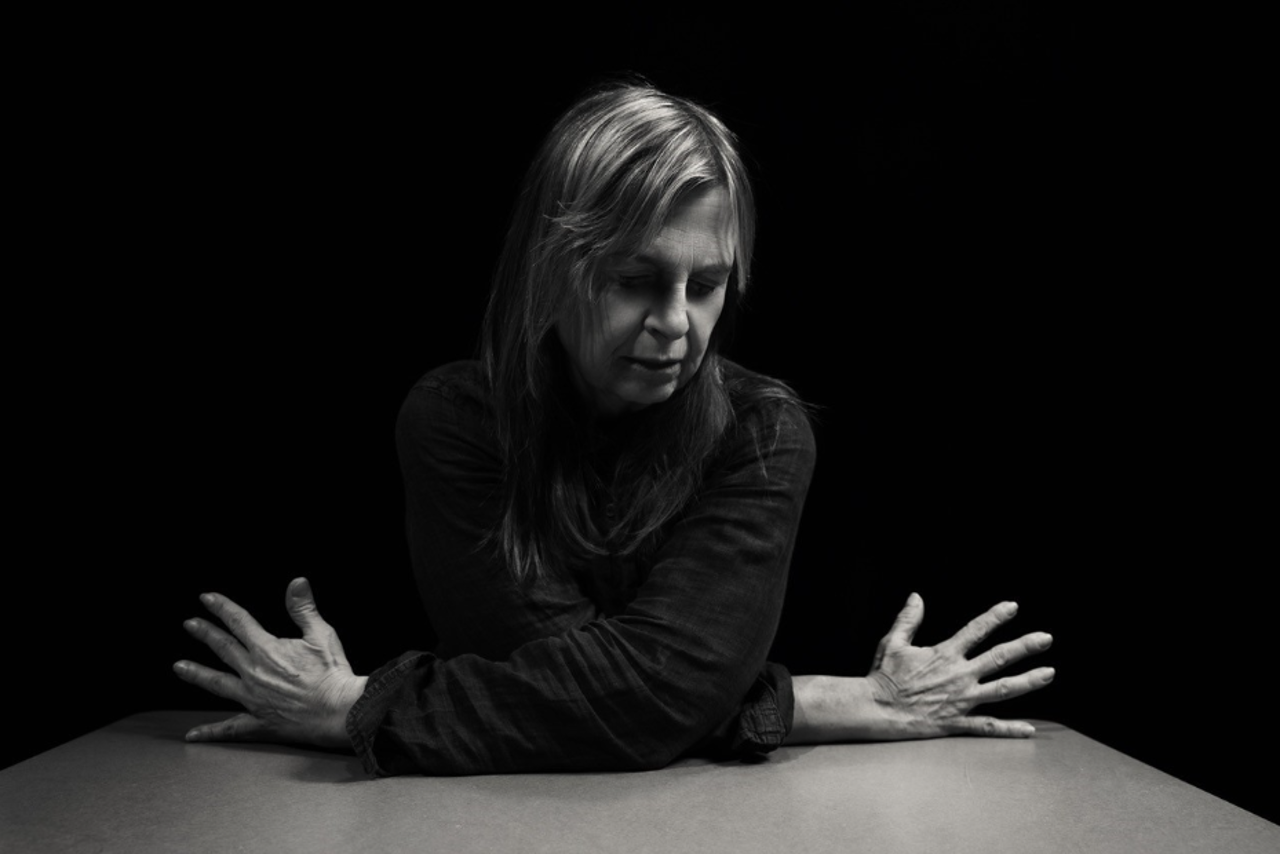
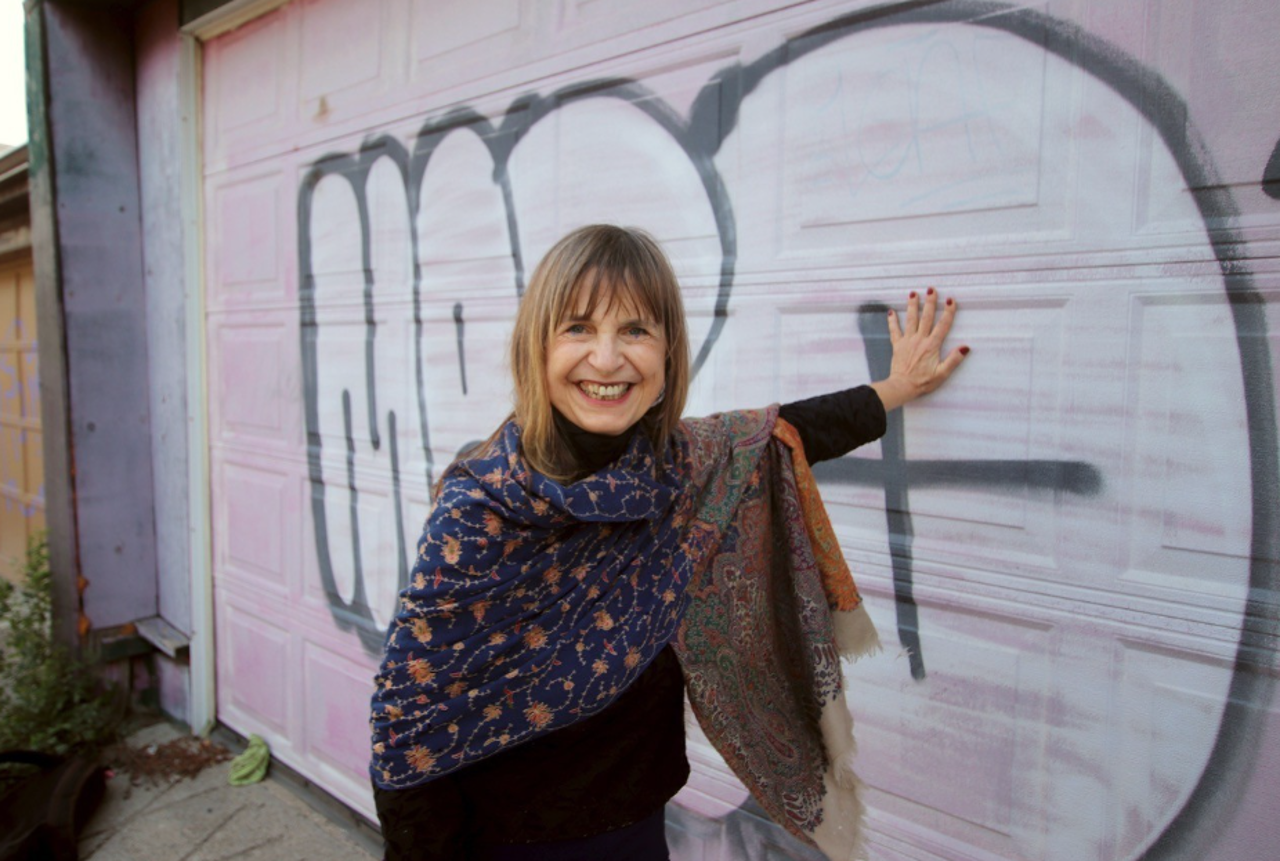
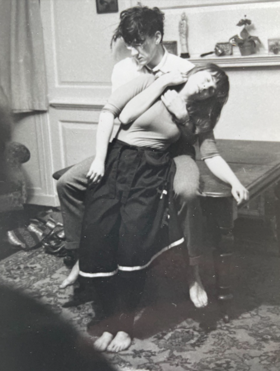
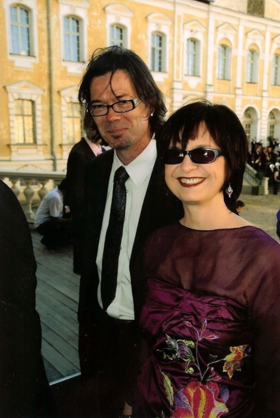
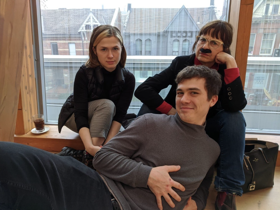
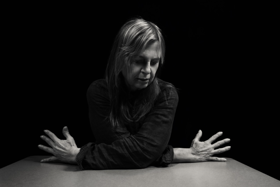
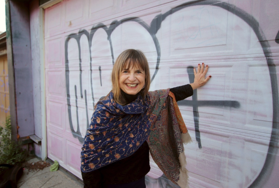
‘The sense of a stage was there very early on’
I grew up in Toronto and my childhood was unusual from the get-go. My parents called themselves émigrés, although I would call them refugees. They had come from Latvia, and we lived in a very active diaspora, so I grew up in two cultures. Then, when I was eight, we moved to West Germany for a time, and I came back to Canada when I was a teenager. I remember my first little theatre shows during my early education. The bulk of my extracurricular activities were Latvian – church, singing, folk dancing – but my school had a programme where you could make performances. The sense of a stage was there very early on.
I had a very progressive high school teacher in theatre and I started a Latvian Canadian group where we would make shows. We would tour the diaspora, and that company morphed into invitations to write and direct my very first musical, in Montreal. I went on to university at Queen’s and I had a double major, history and theatre. I was on the verge of quitting theatre because it wasn’t ‘serious’ enough when I won the Rhodes.
On applying for the Rhodes Scholarship
After I graduated, I went to Soviet Latvia for the first time, and that trip was so profound. I very much wanted to return. This obsession led to winning the Rhodes. The final nudge came when my boyfriend applied for a Rhodes. I had been told in school that women couldn’t apply because they weren’t geniuses, but I knew my boyfriend wasn’t a genius, so I thought, ‘If he can apply, I can apply.’ And my plan was that I would get the Rhodes and then I would find a way to go back to the Soviet Union on the strength of my graduate studies.
I was the second year of women to apply, and I got the sense that the selection committees were still trying to figure out what a female Rhodes Scholar was. We were even interviewed in a building where women were not permitted, and the rule had to be waived for the Rhodes candidates. I was really quite aggressive in the interviews. I had no problem telling people I found their opinion disgusting. And then I went home and sat in my parents’ basement watching Star Trek, but every time the phone rang, I turned off the TV, because I thought, ‘If they offer it to me and then find out I’m watching Star Trek, they’ll change their minds.’
‘A tremendous community’
Those were still the days when the US and Canadian Scholars sailed over together to England. That sounds luxurious, but actually we were in the hold, and it was extremely uncomfortable. And what was really gross was that the male staff on the ship felt very free to push you up against the wall or brush up against you. But the good part was that the Scholars all got to know one another, so it was like an orientation week.
I had already visited the UK, so it wasn’t a complete surprise to me. But I did have this really big recognition that although we shared a language, I was in a foreign country. My British friends would jokingly refer to me as ‘the colonial’. The fact that I was at St Antony’s was important because it was a graduate college and there were students from everywhere. Soon after I arrived, I joined an undergraduate English theatre company and that gave me a tremendous community. That group worked according to the idea of collective creation, where there was no hierarchy, and we performed in non-theatrical spaces, so in the streets or in offbeat rooms. It was started by Neil Bartlett, who has gone on to have a great career with shows in the West End and he also became a very significant queer activist. So, alongside my feminism and belonging to a diaspora, I was exposed to that marginalised community via working in this company.
I decided to stay on in Oxford and do a doctorate, writing about a Latvian revolutionary poet. As I was finishing my dissertation, Neil invited me to start a theatre company, which we then did. I had originally aimed to spend a year in Latvia, but when I applied for a scholarship to study there, I had to go on a visit, effectively so the KGB could check me out, and the whole experience was traumatic. Nevertheless, I got the scholarship. How could I not go? Then, just before I left, the Soviets called it off by sending letters and telegrams saying that ‘my professor was sick’, and I couldn’t come. It was a very mysterious Soviet sort of tactic. And I remained barred from Latvia until perestroika happened, because I was deemed an anti-Soviet influence.
‘It’s not so much that our women’s perspective is different as that we are treated very differently’
What I loved about working in the British system was that nobody was nannying my time. I’ve spent most of my life as a freelancer and managing my own time is something that I really like. The company that Neil and I founded, the 1982 Theatre Company, was experimental and, again, we worked collectively. One week, we would be performing in the back room of a gay bookstore. The next, we were at Greenham Common where we had to get special permission to bring the men into the women’s peace camp. We went to the US too, and to Toronto, and that show basically helped start my career here in Toronto. I had intended to return to England, but I was invited by one of the oldest feminist theatre companies to create a show.
For a long time, both in the touring company and then back in Toronto, I was still performing as an actor. There were just no female directors, but people were telling me, ‘You really should be directing.’ It’s a subtopic, this whole idea of the female director, and I’ve been on a nauseating number of panels where we discuss what it means to be a female playwright or a female director. I would say it’s not so much that our perspective is different as that we are treated very differently.
I began to move towards directing, making a show called This is for you, Anna, which was about how and when women react with violence to violence. In those early years, I was able to gain an income by a variety of artistic pursuits. I also created some works in Latvia, before it was independent, which was an amazing period. After independence, my sister moved there, and in 1998 I moved there too with my husband and my kids. My husband Nic Gotham was a composer and a jazz musician, which was not very lucrative, so when we had our first child, I started a sideline of work coaching executives in communication. I would find myself thinking, ‘Well, I’d rather be paid less to teach what I love,’ so I actively started looking for a return to academia.
We had to leave Latvia because my husband was terminally ill, and we had had a terrible time in the crumbling healthcare system there. My parachute was my job at the University of Toronto. It was an incredibly difficult time, but when it came to healthcare and volunteer care teams, Canada was the St Bernard with the barrel of rum, bounding through the snow towards us. We had about 135 people involved in making things better for Nic.
‘Art can make you say, “How can that be?”’
Making theatre is really about communicating with people. I think the arts can be a great cheerleader. You need to hear that someone else feels like you, you need to feel that you are validated. And even when artists make content that is not political at all, how we make it might mean that you see the world differently. Art can make you say, ‘How can that be?’ and crack a bit of openness in your thinking. Few Rhodes Scholars come from the arts, and that's a shame. Because you know, everything you consume is touched by art.
